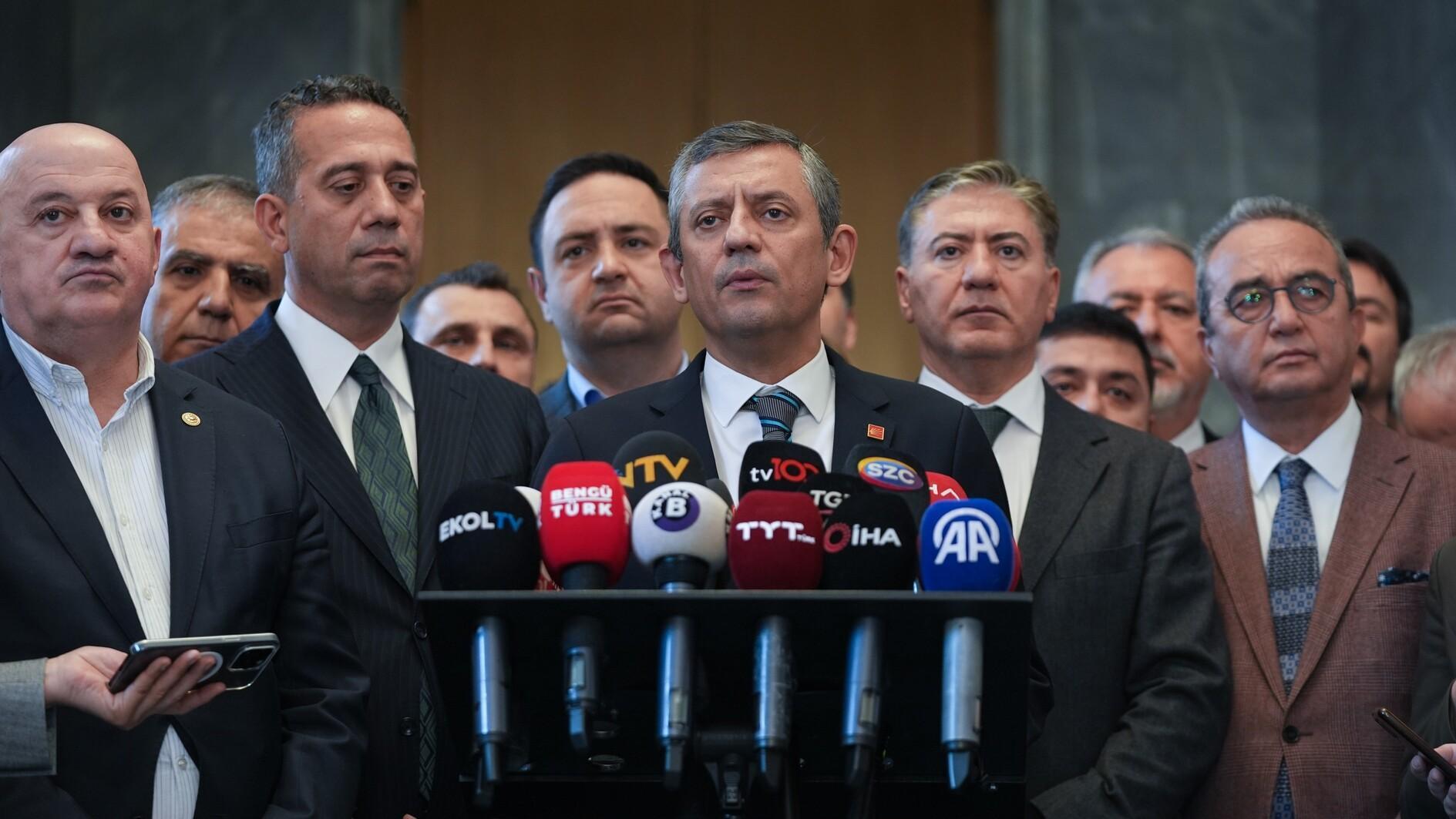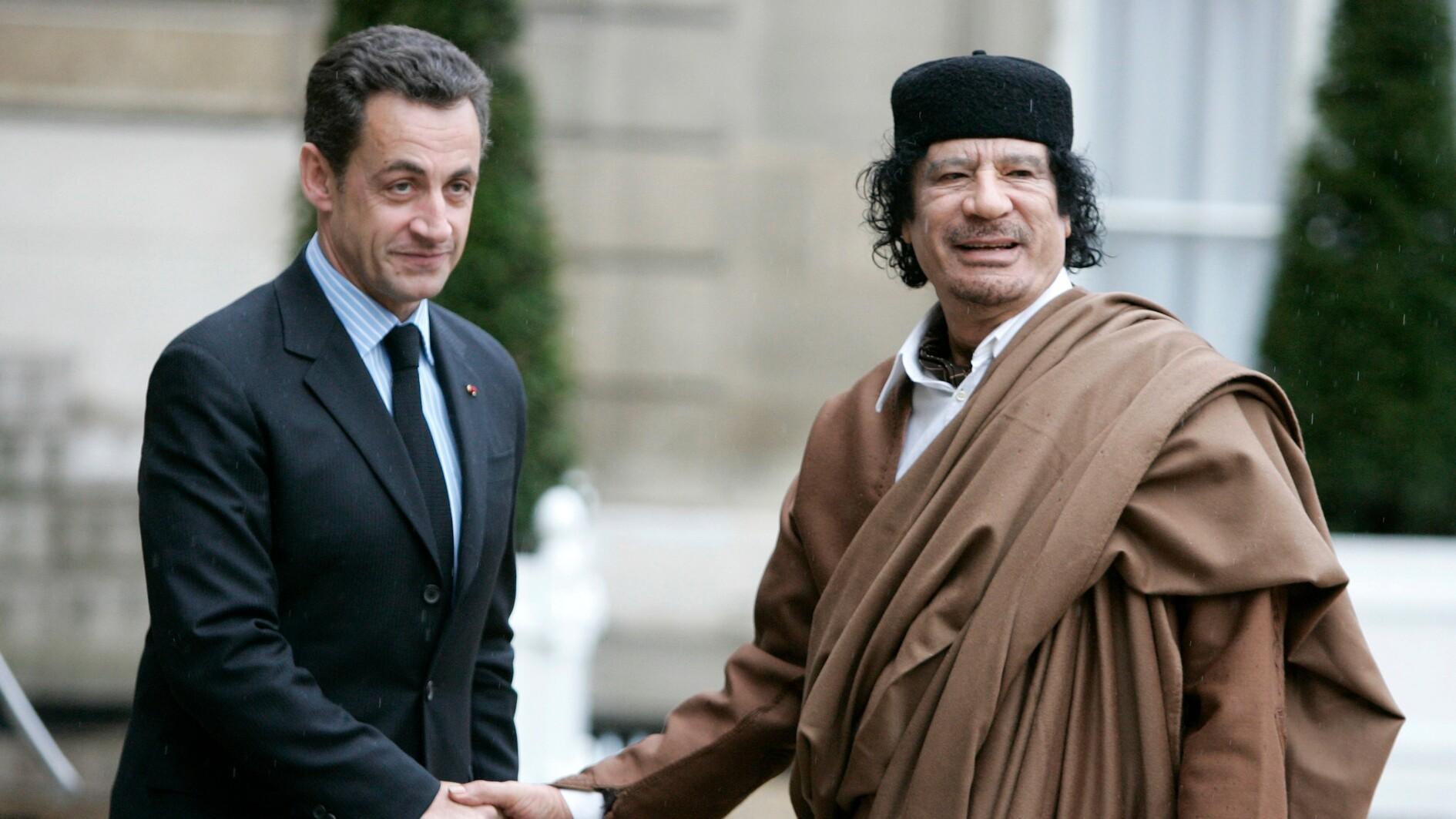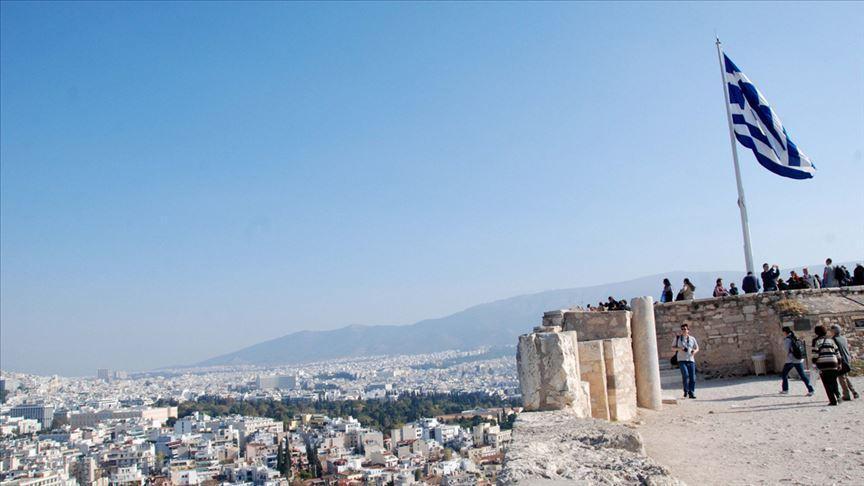Turkey considers Parliamentary mission on Kurdish problem
The proposal of Kemal Kılıçdaroğlu, the leader of the main opposition Republican People’s Party (CHP), to Turkish Prime Minister Recep Tayyip Erdoğan to form a conceptual working group to find a solution to the country’s Kurdish problem came last week with interesting timing.
It came in the middle of the proxy flirt between Erdoğan’s ruling Justice and Democracy Party (AK Party) and Devlet Bahçeli’s Nationalist Movement Party (MHP) over the Uludere raid blunder, in which 34 villagers were killed after being mistakenly identified as militants of the outlawed Kurdistan Workers’ Party (PKK). This flirt could possibly result in the two writing the new constitution together. Erdoğan frequently hints nowadays at dumping the CHP and the Kurdish problem-focused Peace and Democracy Party (BDP) from the four-party Parliamentary group writing the new charter.
Kılıçdaroğlu and Erdoğan have a date to meet on Wednesday. Erdoğan said in another party meeting in the southern border province of Şanlıurfa on Sunday that he was going to listen to Kılıçdaroğlu’s proposals “without any prejudice.”
The CHP actually presented a ten-point proposal letter about the Kurdish issue to Parliamentary Speaker Cemil Çiçek last week, and this is expected to be the basis of the talks between Erdoğan and Kılıçdaroğlu on Wednesday. The letter was drafted by two deputies of the social democratic leader from two different walks of life. One of them is Faruk Loğoğlu, a retired ambassador who has served in the highest echelons of the Turkish Foreign Ministry, including as ambassador to Washington D.C. The other deputy is Sezgin Tanrıkulu, a prominent Kurdish-origin human rights defender who has served as the head of the Diyarbakır Bar Association and as a board member of Turkey’s Human Rights Foundation for many years.
The text they produced considers the Kurdish problem as the number one problem of the country. This is nothing new, as President Abdullah Gül has been saying the same for years. However, the rest is new. Inspired by the Constitutional Commission currently at Parliament, the CHP suggests the formation of a “Social Consensus Commission” for the Kurdish problem, consisting of 8 members of Parliament, two from each of the four parties, as well as a group of 12 “Wise People,” consisting of three names to be proposed by each of the four parties.
The BDP has agreed to meet with the CHP on the issue, but the MHP has rejected it, on the basis that they are against any kind of “negotiation with terrorism,” which would give the impression of weakness.
Is Erdoğan’s flirting with the MHP taking the CHP close to the AK Party, or is Kılıçdaroğlu taking initiative on this vital problem after Gül’s latest expression of pessimism on government’s Kurdish “opening” policy? That doesn’t matter much, other than for daily political rhetoric. But it would be a historical step if the Turkish Parliament decided to have a mission regarding a viable solution to the Kurdish problem, which has thus far claimed more than 40,000 lives over three decades.











